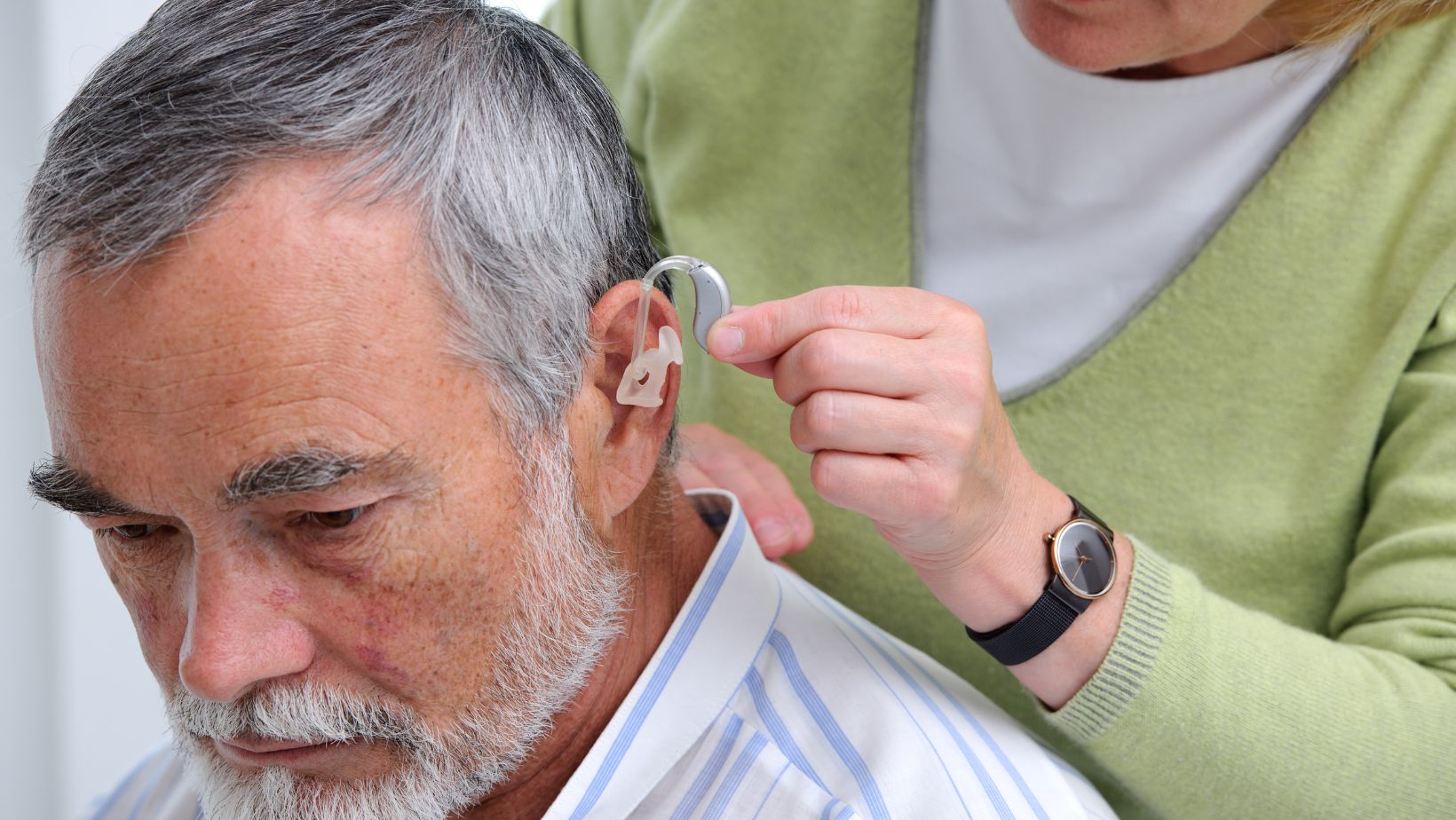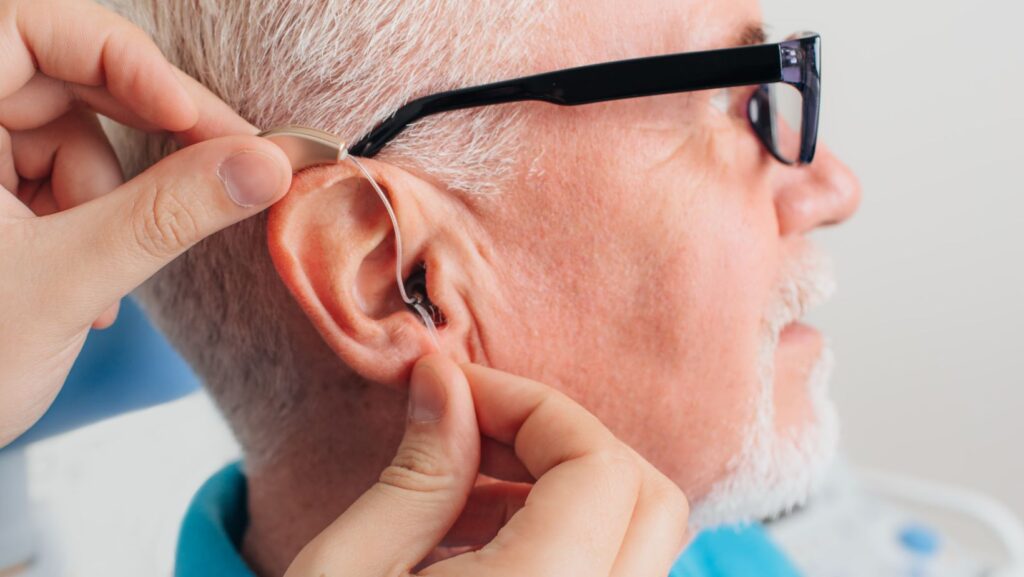In today’s world, where communication is key, the ability to hear well plays a pivotal role in our daily lives. Yet, many people overlook the importance of seeking professional hearing care services until they experience significant hearing loss or discomfort. Understanding the benefits of these services can empower individuals to take proactive steps in safeguarding their auditory health.
Understanding Hearing Health
Hearing health encompasses more than just the ability to perceive sound; it involves the intricate process of sound processing, interpretation, and response. Factors such as age, noise exposure, and underlying health conditions can affect this vital sense. Comprehensive hearing care services not only address existing issues but are also instrumental in preventative care.
Despite the challenges, many people often delay seeking help due to misconceptions or a lack of awareness. This is where professional services come into play. Clinics, such as VIP Hearing Solutions, provide tailored assessments and treatments designed to meet individual needs.
The Role of Professional Hearing Services
Comprehensive Assessments
The first step in any hearing care journey typically involves a thorough assessment conducted by a qualified audiologist. This includes a series of tests that measure hearing acuity, speech understanding, and the functionality of the auditory system.
• Personalised Evaluation: Each ear may require different approaches based on the types of hearing loss experienced. A professional assessment takes these nuances into account.
• Identifying Underlying Issues: Audiologists can identify not just hearing loss but underlying conditions that may impact auditory health, such as ear infections or neurological conditions.
Tailored Solutions
One of the significant advantages of professional services is the ability to develop personalised solutions. Hearing loss isn’t a one-size-fits-all experience; various factors, including lifestyle and degree of loss, necessitate tailored interventions.
• Hearing Aids: After thorough assessments, audiologists can recommend hearing aids that suit the user’s lifestyle. Many modern devices come equipped with features such as Bluetooth connectivity, noise reduction, and rechargeable batteries.
• Assistive Listening Devices (ALDs): For specific situations, such as attending lectures or watching television, professionals may suggest ALDs that enhance certain sounds and reduce background noise.
Ongoing Support and Maintenance
Hearing care does not end after an initial assessment and fitting. Regular follow-ups are essential to monitor the effectiveness of the solution and make adjustments as necessary.
• Adjustments: As one’s hearing can change over time, regular check-ins ensure that hearing aids are calibrated to the current hearing level.
• Repairs and Maintenance: Professional services provide support for any technical issues that may arise, ensuring that equipment functions optimally.
The Psychological Benefits of Hearing Care
Beyond the technical aspects, professional hearing care significantly impacts emotional well-being.
Enhanced Communication
Hearing loss often leads to withdrawal from social situations and can strain relationships due to misunderstandings.

By addressing hearing issues professionally, individuals can expect:
• Improved Interactions: With better hearing, returning to conversations becomes easier and more fulfilling.
• Strengthened Relationships: Being able to engage actively in discussions improves personal relationships, reducing feelings of isolation.
Boosted Confidence
For many, hearing loss can lead to feelings of inadequacy or embarrassment. By embracing hearing care solutions, individuals often experience:
• Increased Self-Esteem: Engaging more freely with peers boosts confidence and encourages participation in social situations.
• Empowerment: Taking charge of one’s health fosters a sense of control and responsibility.
The Importance of Preventative Care
While it’s crucial to address existing hearing issues, preventative care cannot be overstated. Regular check-ups can help detect problems before they escalate.
• Awareness: Understanding noise exposure, such as through loud music or occupational hazards, can lead to better protective measures.
• Education: Professional services often include educational sessions about hearing health, empowering individuals to make informed decisions.
Conclusion
In conclusion, the benefits of professional hearing care services extend beyond mere corrective solutions; they encompass emotional, social, and preventative dimensions that are vital for holistic well-being. Whether it’s a routine check-up or advanced treatment, seeking professional assistance can significantly enrich life’s auditory experiences.
Investing time in your hearing health can yield remarkable dividends in the quality of life—allowing for deeper connections, newfound confidence, and proactive management of a precious sense.
